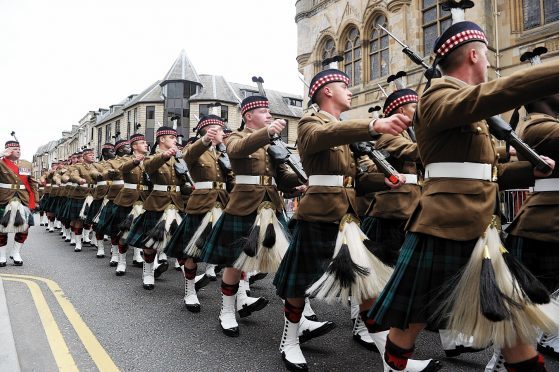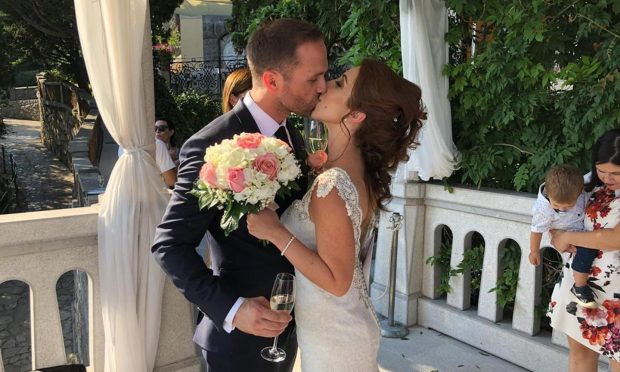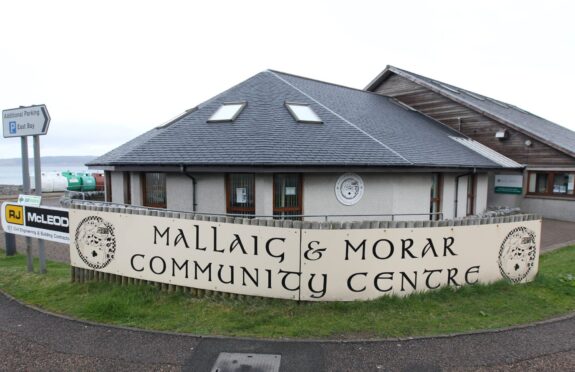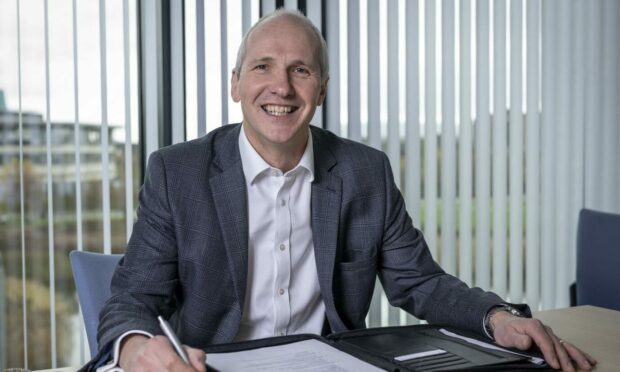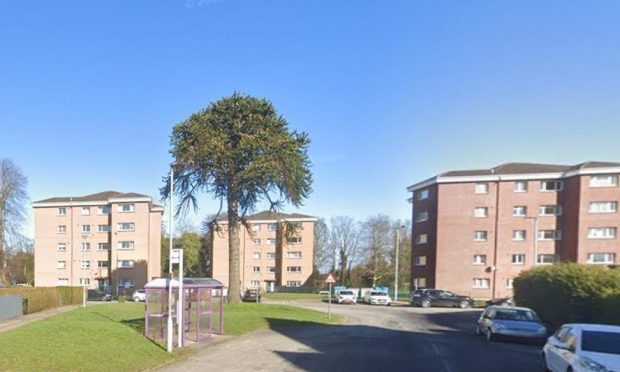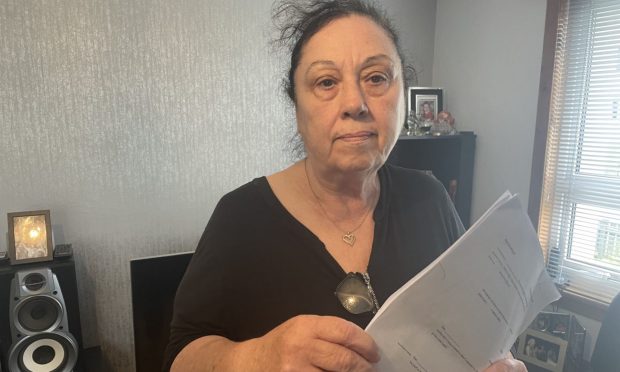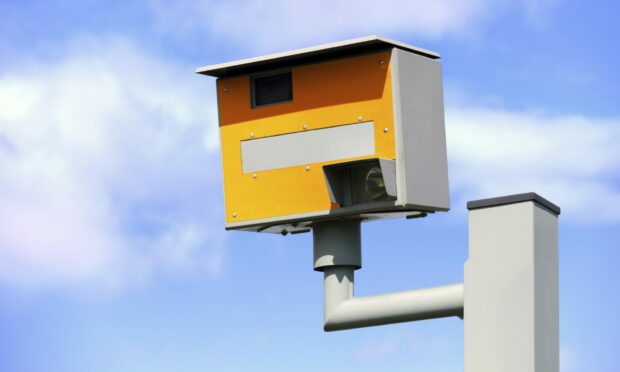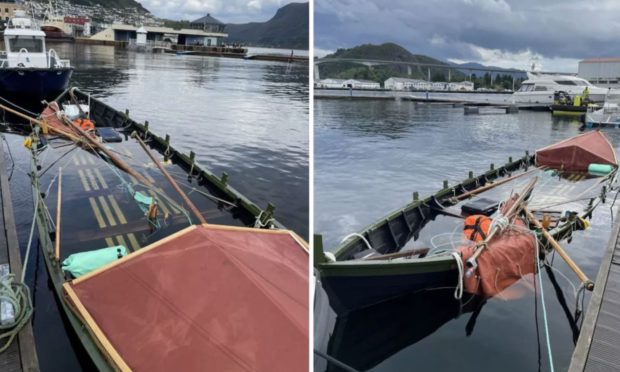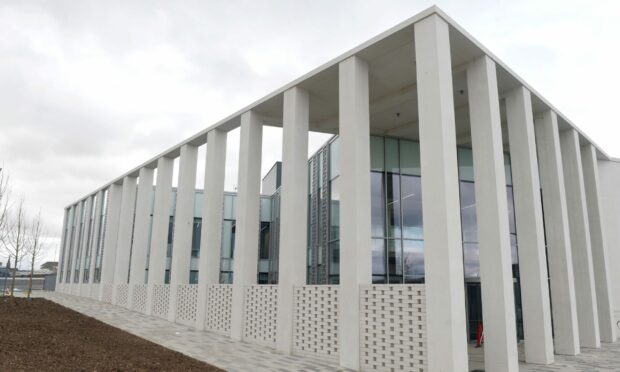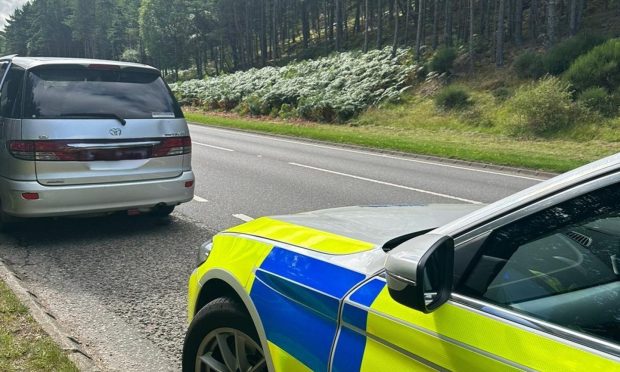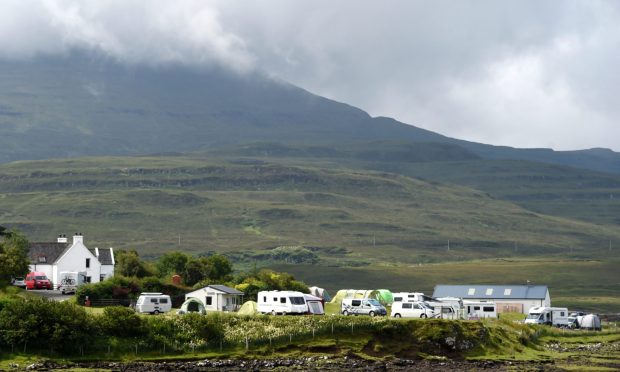THE Highland capital’s annual Armed Forces Day parade has been scrapped.
And a war of words has broken out about who is to blame for the loss of an event which has been a fixture in the summer calendar for almost a decade.
Inverness has paid tribute to north veterans every June, in common with other cities across the UK.
The plug was effectively pulled on the 2016 parade by organisers Royal British Legion Scotland, who had previously it for Highland Council with the aid of local authority funding.
It felt compelled to hand the event over to the council due to dwindling numbers of veterans and poor resources.
However, it is now furious about the authority’s radically different proposals, claiming veterans do not even feature.
The council’s alternative arrangements have been condemned by servicemen’s relatives and legion officials, who have accused the local authority of “disrespect.”
Former Royal Marine Paul Wilson, chairman of the legion’s Inverness branch, said: “It’s shocking that Inverness is not holding an Armed Forces Day.
“There’s no involvement of past or present servicemen.
“They’re just going to have 4 Scots, who are the regular battalion. To all intents and purposes, it’s a recruitment drive at the Highland Games.”
He claimed that by not hosting a parade the council would breach a nationally-agreed covenant by which all UK councils support past, present and future service personnel locally.
The council’s plans have, however, been welcomed by an Inverness-based major and a colonel, who both believe the different showcases will benefit the armed forces by exposing them to even bigger audiences.
Major Maurice Gibson, area secretary (north) of the Royal Regiment of Scotland, said: “Because we have traditionally competed with the Forres pipe band competition and Armed Forces Day in Aberdeen, Stirling, et cetera, we were not getting the sort of numbers of people coming out or the numbers of armed forces people coming to march through Inverness as we would like.
“It was felt something had to be done to inject some new spirit into this, so we kept the Army and the veterans and the cadets in the public eye and it was more appropriate.”
The council intends to build on the success last year of a partnership between the Royal Regiment of Scotland at the city’s Highland Games and an inter-battalion competition in July.
Inverness Liberal Democrat councillor Carolyn Caddick, a retired major with the Adjutant General’s Corps and now Honorary Colonel of the Army Cadet Force, said: “It’s a shame we’re not having a parade on the day itself.
“On the other hand, it did clash with other events in the area that drew people away from it, so there’s some merit.”
Another critic is Carol Hutton from Strathdon in Aberdeenshire, who is deeply proud of her family’s extensive military history and has made a regular pilgrimage to the Inverness parade.
She has vented her anger over the loss of the parade in letters to First Minister Nicola Sturgeon, local MP Drew Hendry and Highland Council.
“You may save thousands of pounds,” she said.
“But at the incalculable cost of marginalising and directly insulting not only veterans and serving armed forces members but thousands of their Commonwealth and colonial countrymen who gave and continue to give their health and lives in order that Inverness city and the current council can quite literally exist today.”
She suggested stripping Inverness of its city status for canceling the traditional June event.
Responding to her letter, council events chief Gerry Reynolds said “two enhanced celebrations” would replace the parade.
The council proposes a “fly a flag for the armed forces” initiative on June 20 and flying the flag for a week.
Representatives of local armed forces and veterans’ associations, and possibly local schoolchildren, are likely to be invited to the flag raising ceremony at the council’s HQ.
It also proposes to merge a number of community events to create one of the biggest events of the year at which armed forces personnel and veterans are promised “the biggest possible showcase”.
